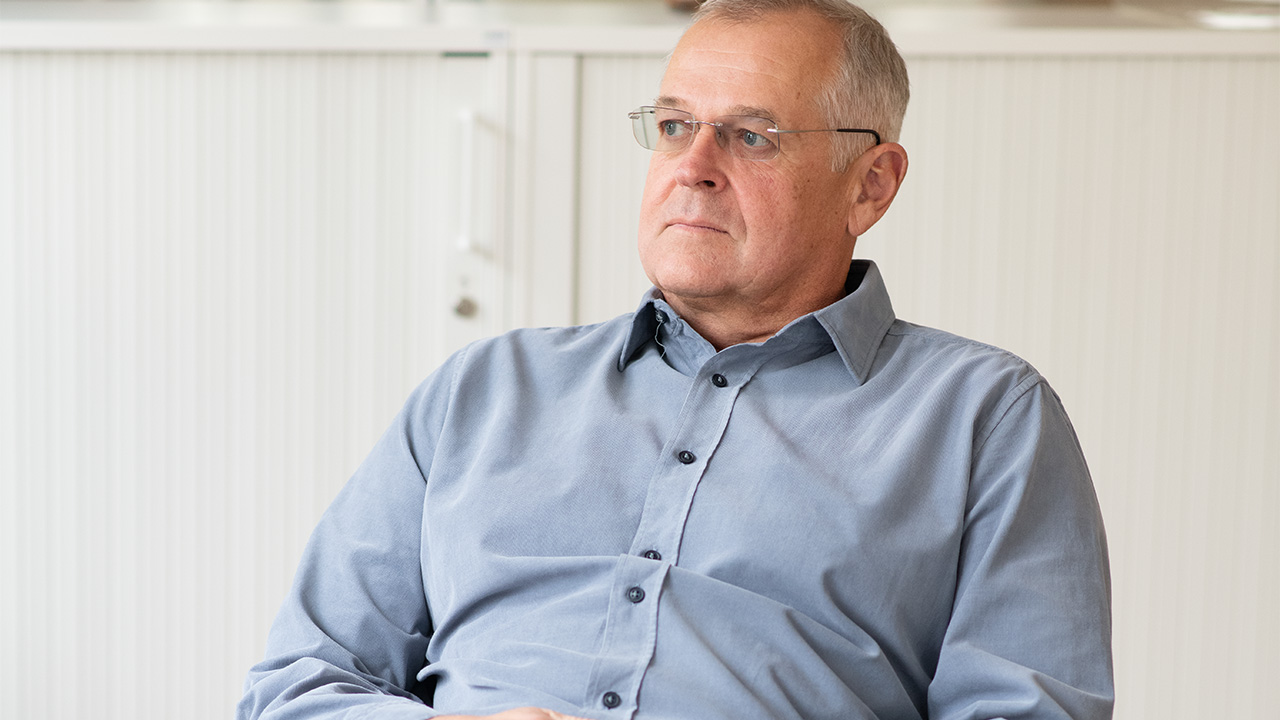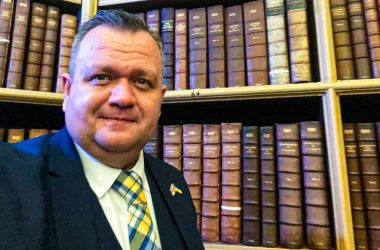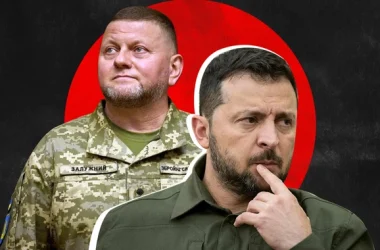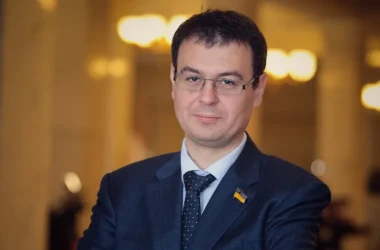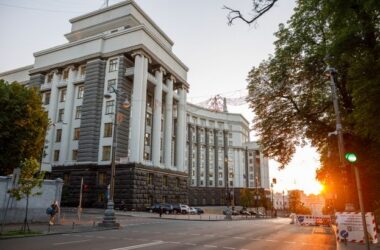The restoration of Ukraine after the war will require not only the involvement of international assistance and the introduction of the latest technologies, but also special attention to the educational sphere.
Educational institutions play a key role in training specialists necessary for effective reconstruction and long-term development of the country. An important aspect is to ensure the high quality of education at all levels.
‘Education is the most powerful weapon which you can use to change the world’, – Nelson Mandela.
‘Historical parallels with the reconstruction of Germany, Japan, and other countries after World War II can be a useful guide for Ukraine. It is important to study success cases and implement them in our context’, Denys Kostrzhevskyi, Chairman of the Board of Directors of Kyiv International Airport, believes.
Lessons for Reconstruction
Germany after World War II: The Marshall Plan, which provided financial aid for the reconstruction of Germany, can be considered one of the greatest successes in history.
Thanks to this plan, the country was able to quickly recover its economy, modernise its industry, and create solid foundations for future prosperity.
This example shows us how international support can be a key factor in the revival of a country that has suffered devastating conflicts.
Ukraine can also receive significant international assistance for recovery. In addition, it is necessary to attract private investment, create favourable conditions for business and innovation.
Japan after World War II: The country was able to quickly recover its economy thanks to the introduction of new technologies and modernisation of production.
An important role was played by the government’s strategy aimed at innovation and the development of knowledge-intensive industries, which contributed to the economic recovery and global competitiveness.
Ukraine should focus on the development of modern technologies, especially in the field of construction and energy, which will help not only restore the destroyed territories, but also make them more efficient and environmentally clean.
Poland after World War II: Warsaw, almost completely destroyed during the war, was rebuilt thanks to the efforts of the international community and internal resources.
An important factor in the successful reconstruction was the active participation of local residents and the use of the city’s historical plans to restore its authentic appearance.
The restoration of historical buildings and the preservation of cultural heritage should also be an important aspect of the reconstruction of Ukrainian cities.
‘If you want to build a country for its sons and daughters to return to, if you want to build a country that they will leave only during the holiday season, if you want to build a country that will not have a sense of fear for the future, you should take only two steps:
- Equate corruption with betrayal of the Motherland, and corrupt officials with traitors, up to the seventh generation…
- Make three professions the highest paid and most respected. These are the military, teachers, and doctors…
‘And most importantly, work, work, and work, because no one but you will protect you, no one will feed you but yourself, and only you and no one else needs your country.’
In this process, it is important that we remember the words of Golda Meir: ‘When it becomes not just words and simple slogan, but becomes an image of your life, it means you have achieved your goal…’
Role of Education and Training
The post-war reconstruction of Ukraine will require qualified specialists in various fields, such as construction, engineering, architecture, and project management.
Therefore, we have to develop training and retraining programmes right now that will meet new challenges and technologies. Universities and technical institutes should become training centres for a new generation of professionals.
‘Ukraine should use the experience and knowledge of foreign specialists in cooperation with leading universities and research institutes. This will not only increase the level of personnel training, but also introduce the latest technologies and methods in the reconstruction process. But our youth will play a key role in recovery. So, it is important to prepare students now to participate in reconstruction through various volunteer programmes, internships, and practical projects. This will not only help in the reconstruction of the country, but also educate a new generation of leaders who are ready to assume responsibility for the future of Ukraine’, Denys Kostrzhevskyi assured.
At the same time, we have to work on the creation of innovation centres and technology parks. This can be an important step for the introduction of the latest technologies in the reconstruction process.
These centres will attract young scientists and engineers, giving them the opportunity to develop and implement innovative solutions for the restoration of infrastructure and industry.
‘However, the most important thing is to provide educational institutions with quality teachers, from kindergarten to university. To do this, it is necessary to raise the prestige of the educational profession. The most effective way is to guarantee and radically increase the salary of all categories of teachers, while promoting respect for this profession in society’, Mr Kostrzhevskyi says.
He refers to Turkey as an example, which has implemented a successful case of increasing the prestige of the teaching profession through comprehensive reforms that included a significant increase in salary and improvement of working conditions.
‘High pay has become a tool for attracting the best personnel to the educational sphere, and additional social guarantees, including health insurance and pension programmes, have increased motivation and job satisfaction among educators. This ensures the influx of qualified specialists and increased the overall level of education in the country’, he adds.
An important aspect of the reforms was also investing in the continuous professional development of teachers.
In Turkey, advanced training programmes and trainings are actively implemented, enabling teachers to constantly improve their skills and introduce the latest teaching methods. Due to the high status of the profession, many young people choose educational activities as their career.
‘Public recognition and respect for the teaching profession also play a significant role. Turkish public policy actively promotes the importance of education and the role of teachers, often honouring them at public events. Support programmes, especially in rural and remote areas, contribute to the equal distribution of educational resources and improve the quality of education in all regions of the country’, Denys Kostrzhevskyi tells.
He is also convinced that it is important for Ukraine to take into account the experience of Turkey and adapt it to national realities.
Increasing salaries and social guarantees for teachers, popularising their profession, and creating conditions for continuous professional growth can significantly improve the quality of education.
This, in turn, will become the basis for training a new generation of specialists capable of effectively restoring and developing Ukraine.



